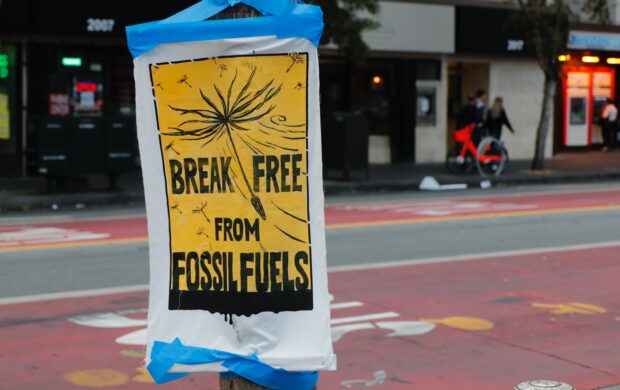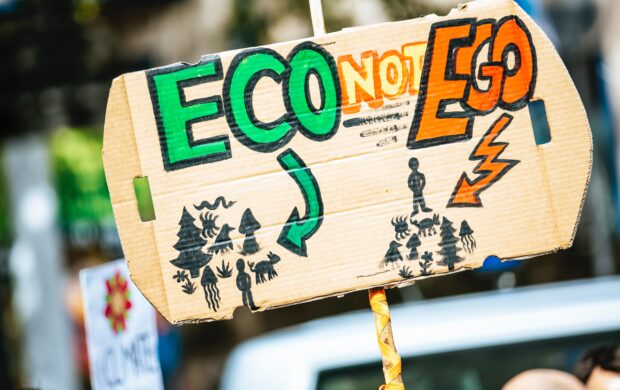Indonesia’s finance minister said that the country will not allow cross-border carbon trade until it met its greenhouse gas reduction targets, highlighting that at current rates, its domestic carbon price would be among the cheapest in the world.

So what?
The cost of carbon is usually determined through calculations of the cost of carbon abatement and the benefit from said abatement. This means that for developing nations where these costs are generally lower (relative to developed nations), the cost of carbon is also lower.
The differential cost of carbon across different economies complicates the trading of carbon credits across national borders. Indonesia’s recognition of their positionality has led to their decision to keep carbon trade local, so that carbon emission abatement through carbon trade gets attributed to local entities.
Indonesia is a large nation with huge potential for the generation of carbon credits. Will other nations follow suit and keep carbon trade local? What does this mean for countries like Singapore, who only recently announced their plans to develop an international carbon trading marketplace? Would such moves hinder global efforts to reduce carbon emissions, or would they provide local entities with more agency, while making it difficult for larger international companies to get a cheaper, easier way out of mitigating the climate crisis?





















Join discussion